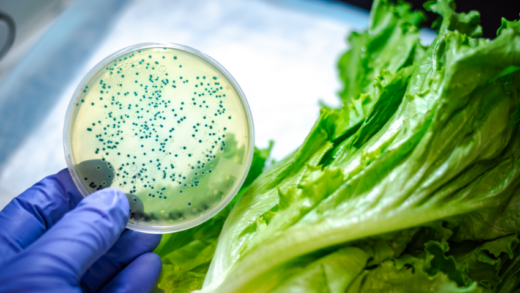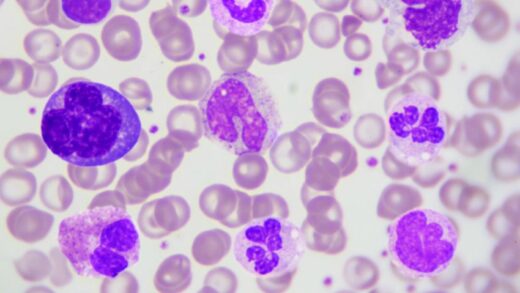Mayonnaise is a popular condiment that has been used in various cuisines around the world for centuries. It’s a creamy, tangy spread that can be used as a dip, dressing or sauce. Some people love the rich, creamy flavor of mayonnaise, while others avoid it due to concerns about its potential health impacts. In this article, we’ll explore the benefits and harms of consuming mayonnaise, so you can make an informed decision about whether to include it in your diet.

Benefits of Consuming Mayonnaise:
- Provides Essential Fatty Acids:
Mayonnaise is made from oil, which is a good source of essential fatty acids that your body needs to function properly. - Enhances Flavor:
Mayonnaise can add a delicious, tangy flavor to sandwiches, salads, and burgers, making them more enjoyable to eat. - Contains Vitamins and Minerals:
Mayonnaise contains small amounts of vitamins E and K, as well as other minerals like calcium, magnesium, and potassium. - Provides Energy:
Mayonnaise is high in calories and fat, which can provide energy to the body and help you feel fuller for longer.
Harms of Consuming Mayonnaise:
- High in Calories and Fat:
Mayonnaise is high in calories and fat, which can contribute to weight gain and other health problems if consumed in excess. - Contains Unhealthy Fats:
Mayonnaise is typically made from vegetable oils like soybean, canola, or sunflower oil, which are high in omega-6 fatty acids that can cause inflammation in the body. - May Contain Unhealthy Additives:
Some store-bought mayonnaise products contain preservatives, artificial colors, and flavors that can have negative effects on health. - Increases Sodium Intake:
Mayonnaise is often high in sodium, which can lead to high blood pressure and other health problems if consumed in large amounts.

FAQs:
-
Is mayonnaise bad for you?
Mayonnaise can be unhealthy if consumed in large amounts due to its high calorie and fat content, unhealthy fats, and potentially harmful additives.
-
Can mayonnaise be part of a healthy diet?
Mayonnaise can be consumed in moderation as part of a healthy diet, as it contains essential fatty acids and other nutrients.
-
Are there any healthy alternatives to mayonnaise?
There are several healthy alternatives to mayonnaise, including hummus, avocado, yogurt, balsamic souce and mustard.
-
How much mayonnaise can I safely consume?
It’s recommended to consume mayonnaise in moderation and to read labels to ensure that it’s free of unhealthy additives and preservatives.
-
Can I make my own healthy mayonnaise?
Yes, you can make your own healthy mayonnaise at home using simple ingredients like egg yolks, oil, vinegar, and lemon juice.
Conclusion
Mayonnaise can be a delicious condiment to add to your meals, but it’s important to be aware of its potential benefits and harms. Consuming mayonnaise in moderation can provide essential fatty acids and enhance flavor, but excessive consumption can lead to weight gain, inflammation, and other health problems. By understanding the pros and cons of mayonnaise, you can make an informed decision about whether to include it in your diet.
If you enjoy mayonnaise, there are ways to make it a healthier choice. For example, you can choose a low-fat or reduced-fat version of mayonnaise, or make your own at home using healthier ingredients.
It’s also important to be mindful of how much mayonnaise you consume and to read labels carefully. Some mayonnaise products contain unhealthy additives like high fructose corn syrup, which can contribute to weight gain and other health problems.
Overall, the benefits and harms of consuming mayonnaise depend on factors like the amount consumed, the type of mayonnaise, and an individual’s overall diet and health status. By weighing the pros and cons and making informed choices, you can enjoy the delicious taste of mayonnaise while still maintaining a healthy and balanced diet.






















